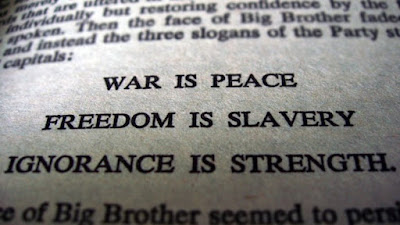If you want to know where the future goes to be seen, look here.
― Charles Pappas
Charles Pappas, reporter for Exhibitor, has compiled a lighthearted treasury of trade show tales titled Flying Cars, Zombie Dogs, and Robot Overlords: How World's Fairs and Trade Expos Changed the World.
It's a whimsical wayback machine that whirls you through a century and a half of gadgets and the shows that made them famous.
Although worth about $100 billion today, trade shows are a forgotten industry, he says, "as invisible as the oxygen in the air around us."
 And that's ironic because shows are much more than "product platforms," Pappas says: they help launch social movements.
And that's ironic because shows are much more than "product platforms," Pappas says: they help launch social movements.
You'll find tons of delightful trivia inside his 250 pages.
Among my favorite:
- We owe our obsession with dinosaurs to an 1851 London show
- We eat bananas because an 1876 Philadelphia show popularized them
- The seed money for the Statue of Liberty came from shows in Paris and Philadelphia
- Aunt Jemima owes her fame to an 1893 Chicago show
- The electric vibrator premiered at a 1900 Paris show (where else?)
- The Patriotic Food Show promoted eating roadkill to help ration food in 1918
- Space travel launched at a 1927 show in Moscow (30 years before Sputnik)
- Picasso's "Guernica" began life as a trade show mural
- The run on Nylon stockings began at the 1939 New York show
- The term "Con" (as in Comic-Con) was coined by the same promoter who coined "Sci-Fi"
























